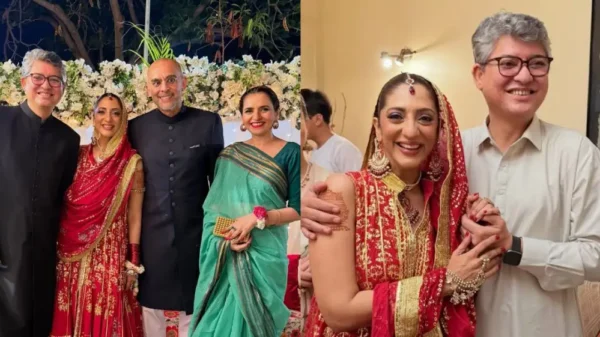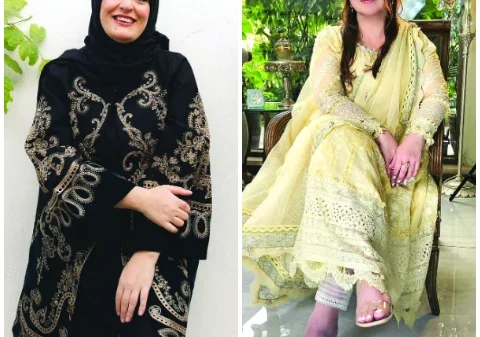LAHORE: The Lahore High Court (LHC) has issued a ruling in favor of a widow who was denied her rightful share of inherited property by her brother, after he claimed that their deceased father had orally gifted him the property. The court’s decision emphasizes the burden of proof on the beneficiary of an oral gift or transfer of immovable property.
Justice Khalid Ishaq delivered the judgment, allowing the civil suit filed by Sadiqan Begum, a resident of Toba Tek Singh district. She had been deprived of her inheritance for 27 years by her brother, who argued that their father had orally transferred the property to him before his death. Initially, Sadiqan Begum challenged the validity of this gift mutation before a local civil court, but her case was dismissed. Her appeal to the appellate court was also rejected.
Upon reviewing the case, Justice Ishaq described it as a typical scenario where a woman struggles to claim her inheritance rights against a male family member. He expressed concern over the ongoing trend where daughters, sisters, widows, and orphans—especially women—are unfairly deprived of their due inheritance. The judge also criticized the frequent misuse of ‘oral gifts’ by dishonest male relatives to unjustly transfer property.
Justice Ishaq outlined the principles for handling such cases, stating that the burden of proof lies heavily on the beneficiary of a gift or transfer of immovable property. “The beneficiary must prove three key elements of a gift: the donor’s declaration or offer, the donee’s acceptance, and the delivery of possession,” he explained.
The judge further clarified that when a gift excludes a legal heir, the donee must provide proof of the transaction and justify the exclusion of the legal heir from the property. He noted that both the lower courts had acted incorrectly and with material irregularity in dismissing the case.
The dispute arose after Sadiqan Begum’s brother, Muhammad Siddique, claimed that their father had gifted him the property about four months before his death, and therefore, it was not part of the inheritance. Justice Ishaq pointed out that Siddique, as the beneficiary, was the key witness in the case and was required to provide proof of the gift. However, he failed to appear before the lower courts without offering a plausible explanation. Instead, he relied on the testimony of his son, which the judge deemed insufficient.
The court found that the nonappearance of Siddique was a significant flaw in his attempt to prove the validity of the gift. In contrast, Sadiqan Begum testified that she was unaware of any such gift and believed that the property transfer was fraudulent. Her statement shifted the burden of proof to her brother, who failed to meet it by not appearing in court.
Justice Ishaq also observed that the lower courts failed to recognize that, in the absence of proof of a valid gift, the respondent’s continuous possession of the property—being the only surviving male member of the family—should be regarded as constructive possession on behalf of his sister, a woman with limited education from a rural area.
The judge emphasized that mere possession of the land by the brother did not automatically establish that the property had been gifted to him. He further pointed out that Siddique took advantage of his position and gender to exploit his sister’s vulnerability, depriving her of her inheritance for nearly three decades.
“Rather than supporting his widow sister in her time of need, the respondent exploited the situation to deny her her rightful share,” Justice Ishaq lamented.
The judge also noted that the findings of fact by the trial court and appellate court were flawed and fell within the grounds for revisional interference by the LHC. As a result, the court set aside the lower courts’ decisions and decreed in favor of Sadiqan Begum, granting her the property share that had been withheld for 27 years.
This ruling serves as an important reminder of the legal protections available to women in inheritance cases and reinforces the principle that the beneficiary of an oral gift must provide solid evidence to justify the exclusion of legal heirs.










